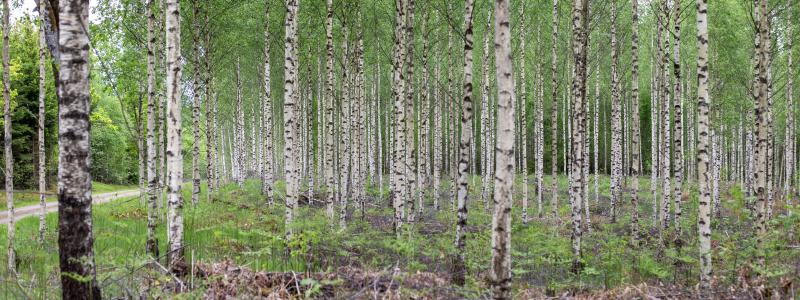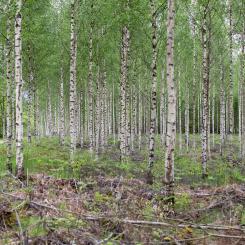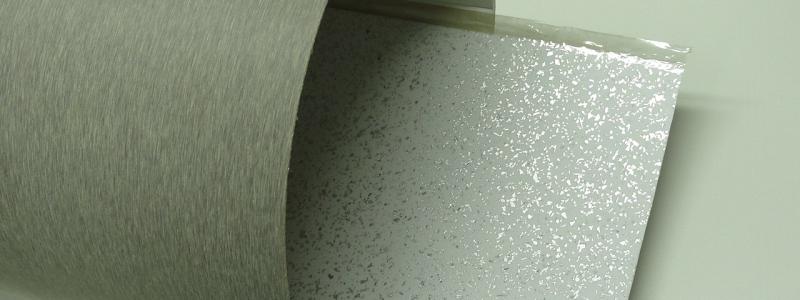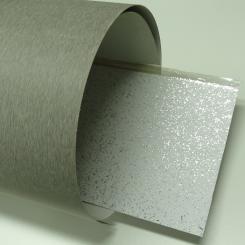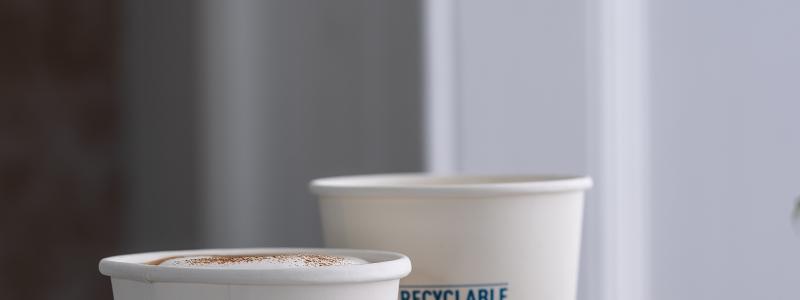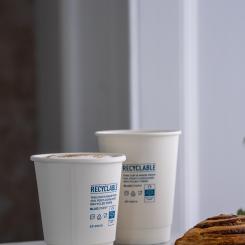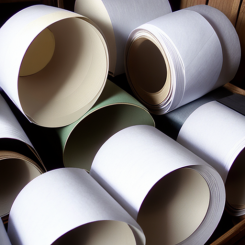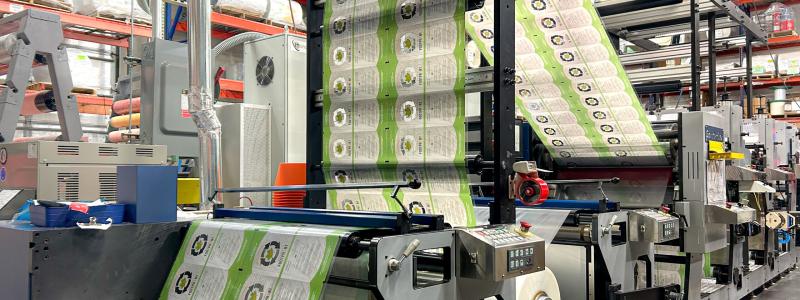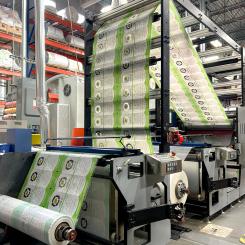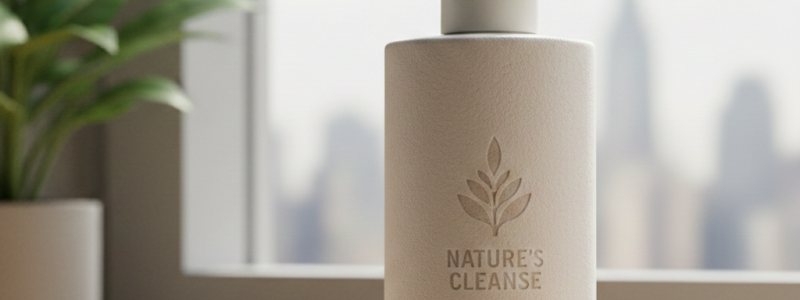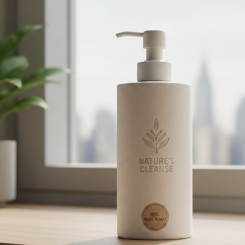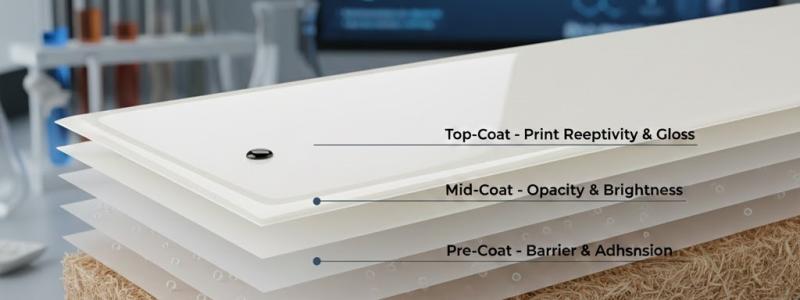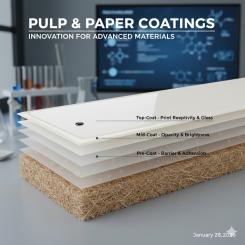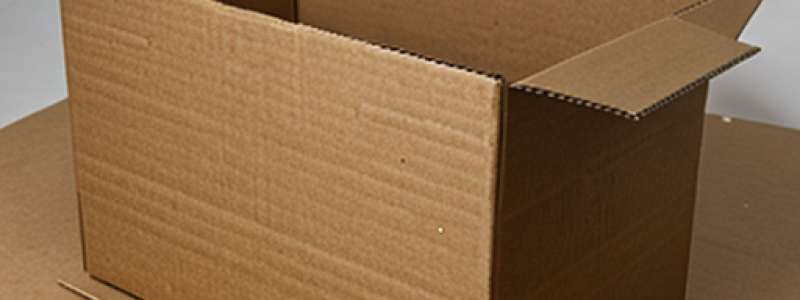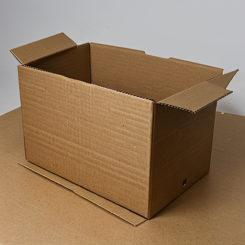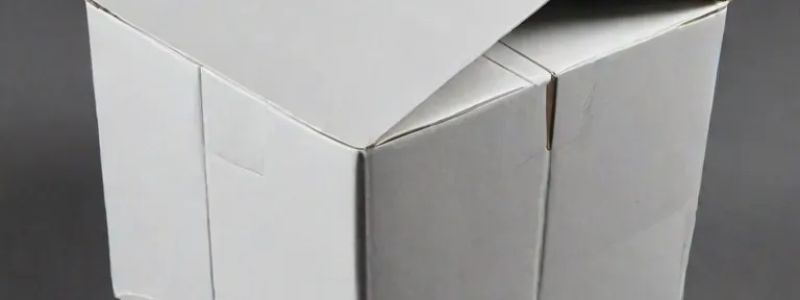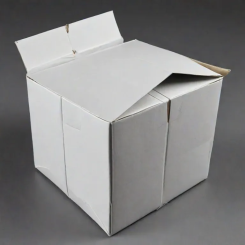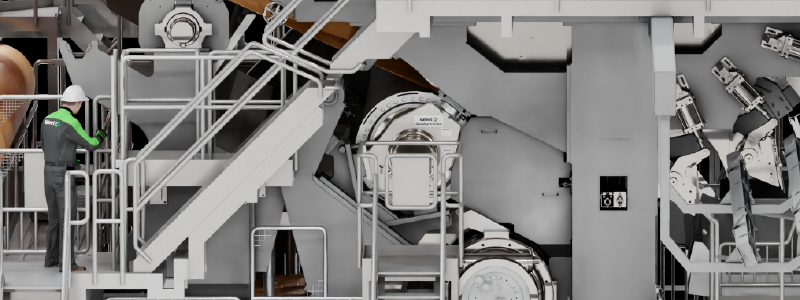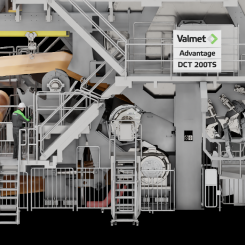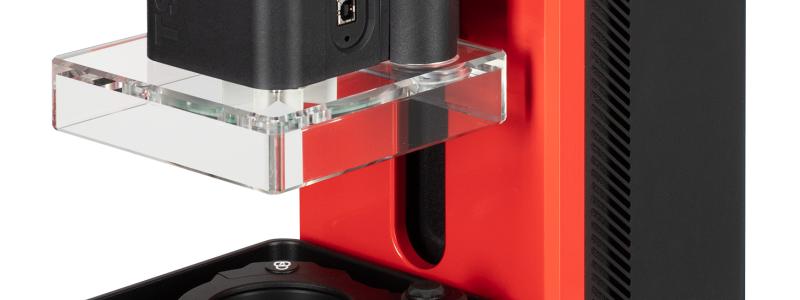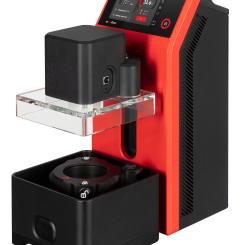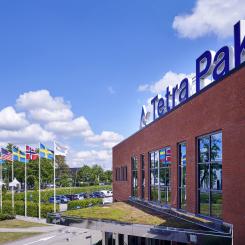Fibrepak packaging can now be manufactured from pulp made from 100 percent recovered waste paper.
Leading global thermoformer TEQ has announced that its sub-brand Fibrepak can now use pulp made from 100 percent recovered waste paper in the manufacturing process of its sustainable packaging products.
The pulp – from a supplier in France – is made from office waste paper, archives and shredded books and boasts a post-consumer paper percentage of over 90 percent.
Fibrepak has acquired a solid reputation as an ideal solution for companies tasked with finding more sustainable packaging for their products. It is high quality, thin-walled and smooth sided, as well as scratch-proof, and can also be recycled in traditional waste streams along with paper, compostable and biodegradable materials.
Not only is the packaging natural and renewable, but customers benefit from a high-quality finish and greater precision than is usually associated with traditional moulded pulp packaging.
“We launched Fibrepak in response to a growing demand from customers that were keen to embrace sustainability,” says Anne-Sophie Belamine, European Sales Director at TEQ, which has a UK manufacturing base at Hucknall Industrial Park, near Nottingham. “We are delighted to have the option of using pulp made from 100 percent recovered waste paper as an alternative to virgin pulp when making our Fibrepak products.”
“The advent of thermoformed fibre has given us a great opportunity to combine this latest technology with our vast experience of thermoforming to deliver bespoke, complex and high-quality packaging for a range of customers, including those in cosmetics, fruit and veg, homecare and electronics.”
Fibrepak is a dust-free material, so there is no particle contamination. It is non-toxic, microwavable, static-free and incredibly shock absorbent. It can also be treated to be moisture resistant for sustained periods.
Unlike rigid cellular plastic foam packaging, there are also plenty of logistics savings to be gained used Fibrepak thanks to its ability to enable product stacking and ‘nesting’.
Production of Fibrepak at the company’s facility in Poznan, Poland is now firmly established, with multiple production lines running.
During manufacture, natural fibres are converted into high tolerance thermoformed pulp products using a unique vacuum technique and ‘cure-in-the-mould’ technology. This uses heat and pressure to press and evaporate fluid from the fibres leaving a completely dry product at the end of the process that is ready for packing.
Fibrepak solutions can be created to a customer’s exact specifications while conforming to ISTA and TUV performance standards. These include clamshells, trays and inserts.
TEQ launched Fibrepak in 2014, with its thermoformed wet pulp derived from locally sourced FSC Chain of Custody certified materials, meaning the pulp used has come from sustainably managed forests.


